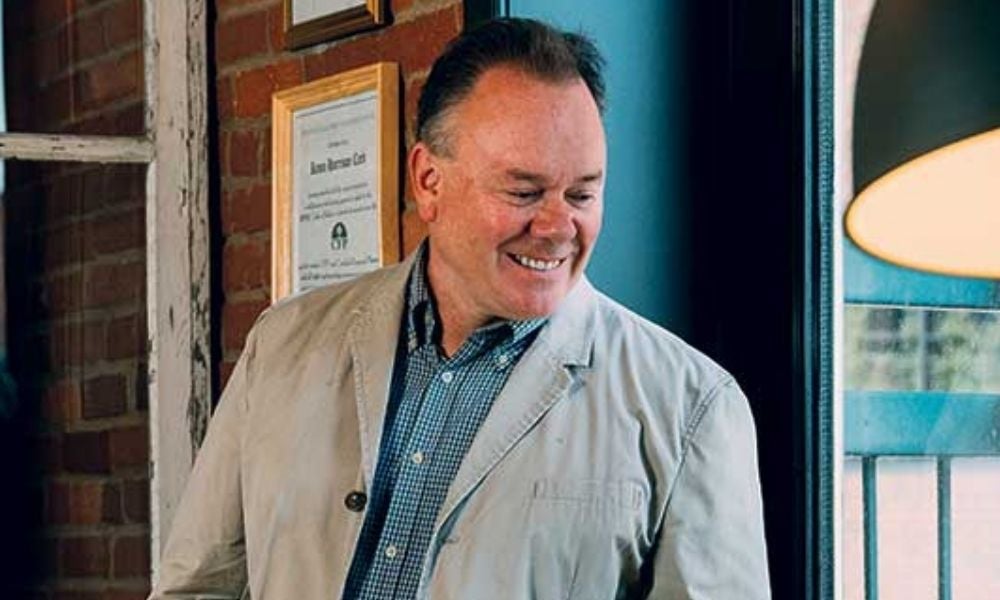Balancing tuition fees and down payment help with clients' own retirement concerns and family values can be delicate

Even while they’re already in or at the cusp of retirement, many Canadian parents fret over their adult children’s financial situation to the point where they offer a helping hand.
But when it comes time to say “no,” they can find themselves struggling – and they may need an objective third party who can help them draw a hard line.
“My job is always to crystallize things into hard choices for my clients. But I'm not making the choices,” says Kevin Cork, financial planner at the Absolute Group. “I'm just giving them all the information and incorporate parameters that they haven't talked about.”
Giving until it hurts
In a 2017 Leger survey commissioned by FP Canada, 31% of parents said assisting their children with post-secondary costs will or has postponed their retirement plans, and nearly 40% with millennial children said they plan to help their children enter the housing market.
That’s echoed by a 2019 RBC Family Finances Survey, which found over 90% of parents with adult children between 18 and 35 years old were providing financial support, including nearly half of parents with children aged 30 to 35. While those parents were happy to support their children financially, around 30% were concerned about how it could weigh on their own retirement savings, and around the same number had the same worries about their retirement.
It may be admirable to help adult children with expenses, but as Cork warns, it could take away their skin in the game. As an example, he shared how one client couple was considering paying for their son to take a two- to three-year master’s degree program in the US, which would have cost $65,000 in tuition and nearly $25,000 extra for room and board per semester.
“Their other two kids had gone to local schools and colleges, which cost just around $10,000,” he says. “They were looking at this because the son wanted to go, but it wasn't necessarily going to add to his revenue in the future. … I could tell that they were hesitant.”
With his expertise as a financial planner, Cork could look at the situation from a financial and non-emotional perspective. Explaining how much the program would cost, comparing it to the other children’s cost of education, and asking what their son would be willing to give up to study south of the border, he says, gave his clients much-needed perspective and a license to say no.
A generation gap in values
At his Calgary-based practice, Cork also regularly speaks with parents who want to help their adult children achieve important life milestones, including homeownership. But that goal, he says, might not be as high up on the next generation’s priority list as they think.
“Parents need to consider whether they’re imposing their own generation’s values. For some, it’s very important to have the stereotypical suburban home,” Cork says. “But what I’ve found in talking to younger Canadians is that fewer of them have that interest … They might want to live downtown in a condo or townhouse.”
While many millennial Canadians may think they want a house, he says they may not necessarily want to commit the time and resources needed to maintain it. Those who get help with the down payment, he adds, may be even less interested if they knew it meant their parents would have to put off retirement, give up their cottage, or cancel plans for a cruise.
“A financial planner can sit down and tell their client ‘yes, you can afford this’ or ‘this isn’t feasible given the assets you’ve set aside,’” Cork says. “At the very least, sitting down with a CFP to plot out their retirement plans and income can give parents some crisp clear lines to work from. … This could help make a hard decision, easier.”



